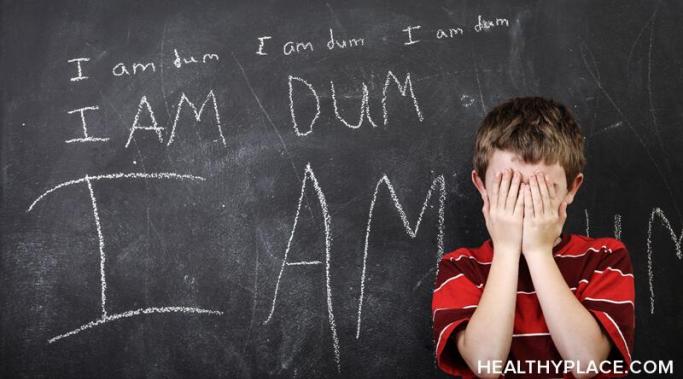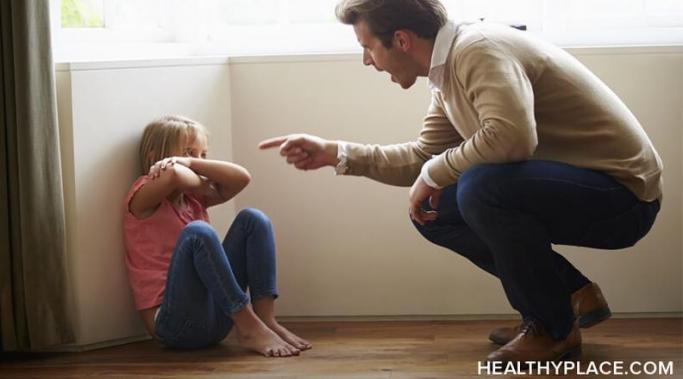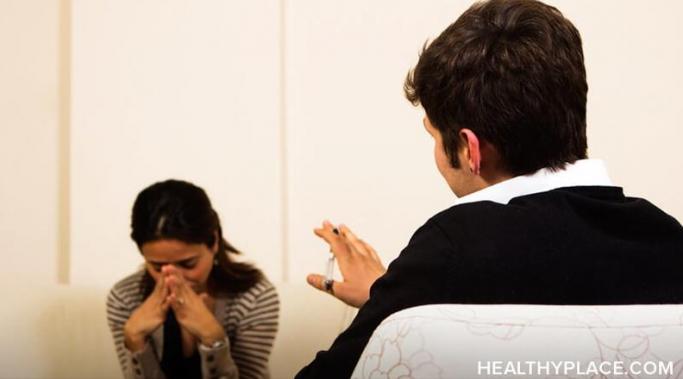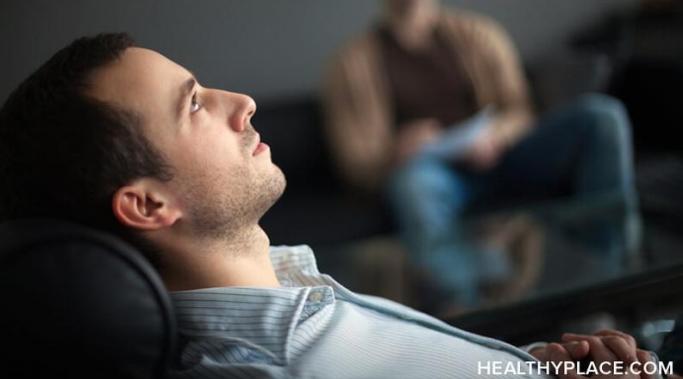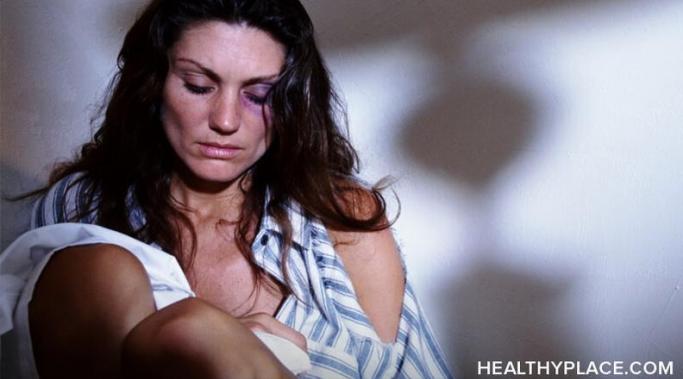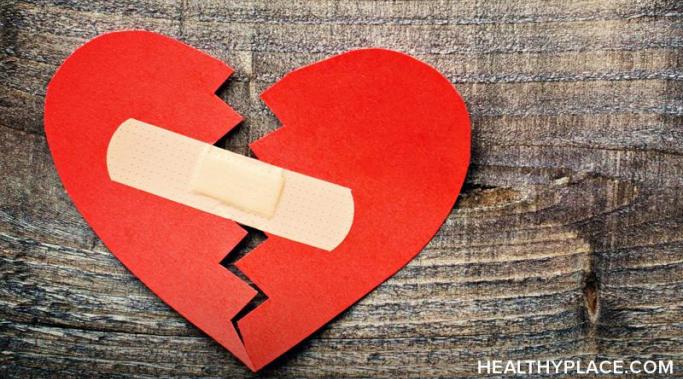Can the verbal abuse victim become the abuser? And, if so, who does the abuse victim abuse? The answer will surprise you, so read on.
Healing After Abuse
One of the worst things about being verbally abused by parents is that the damage can be lifelong, yet it can take a lifetime for someone to recognize the pattern of abuse they experienced.
Setting healthy boundaries now that my abusive relationship has ended is one of the most difficult things I’ve had to figure out recently.
What many people often fail to understand about leaving an abusive relationship is that it isn't the end of the pain. It’s only the beginning of a new kind of pain, as recovery begins and we start to fully recognize everything we've lost. We also begin to understand what we've gained. Gaining something, however, can be painful too at first because it means something has changed and that we can never go back to the way things once were.
I recently saw a quote in which someone was lamenting the fact that there were more articles describing narcissism and narcissistic abuse than how to heal after abuse. I thought it was a strange distinction to make. When survivors of narcissistic abuse read articles about narcissism and narcissistic abuse, that is a form of healing after abuse.
I've come face-to-face with many myths that re-traumatize victims of abuse while recovering from an abusive relationship amidst a roller coaster of emotions. For me, it has brought on a lot of guilt and anxiety about how it has impacted my other relationships. It's one thing to write about it so openly, knowing others who have been through the same thing will read it and relate to it. It's another thing to talk about it with people I'm close to who haven't experienced it, unsure of how they will react. I've often found myself at a loss for how to explain or even share what I've been through in those situations. Sometimes, the way people respond to me show how societal myths re-traumatize victims of abuse.
How can abuse lead to suicidal thoughts? Men and women in the depths of an abusive relationship often find themselves considering options they never anticipated they would. Abuse can take otherwise happy, outgoing, social and optimistic people and beat them down into a shell of who they once were. Both physical and verbal attacks have the power to do this to a man or a woman. Read on to learn how abuse can lead to suicidal thoughts.
Moving on from verbal abuse isn't easy. For a long time, I couldn't get past the verbal, emotional and sometimes physical abuse in my previous relationship because I hadn't confronted it. In practical terms, I moved on quickly. We didn't have any children, so I was able to move out of our home and get on with my life (minus a brief and horrible reunion, several abusive texts and some social media blocking). Within months, I met someone else and learned what a healthy relationship was supposed to look like. However, feeling safe and comfortable in my own skin after two years of psychological damage wasn't easy. Almost six years later, here's how I moved on from verbal abuse and why I'm leaving the Verbal Abuse in Relationships blog.
Applying the five stages of grief to the loss of a relationship, yes, even an abusive relationship, can help you to understand what you're going through and to guide you through the process. Grieving the loss of a relationship is a complex, messy process, and grieving the loss of an abusive relationship may be especially confusing. When thinking about an abusive relationship ending, people may think, "Good riddance;" and while a good riddance may very well be in order, it is not that simple a summation (Three Things We Need to Understand About Grief). If you're grieving the loss of a relationship, here's how and why the stages of grief can help you through the process.
Trusting again after abuse in a relationship can be frightening, but there comes a time when you’ll want to open yourself up to others. You want to believe that the people you love won’t hurt you, but wasn’t trusting implicitly why you wound up being abused in the first place? Are you partly to blame for being susceptible to narcissists and perpetrators of abuse? This isn't a simple question to answer, but it is crucial to trusting again after abuse.
